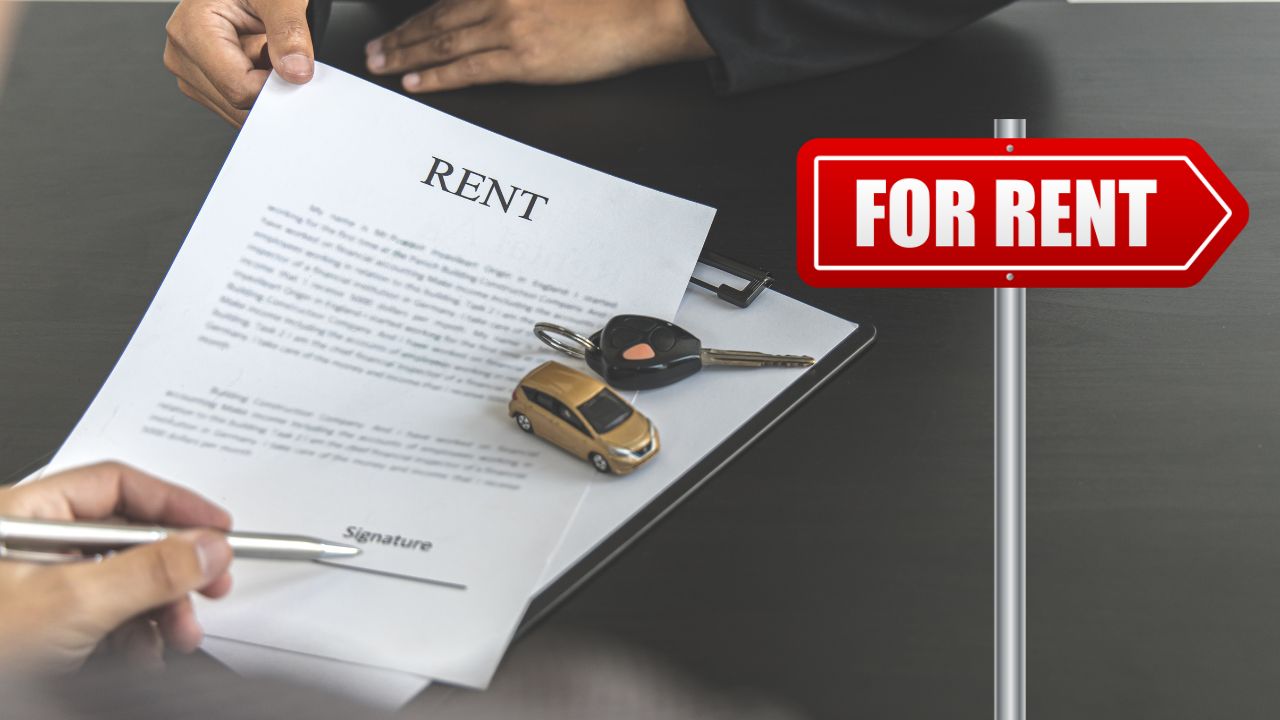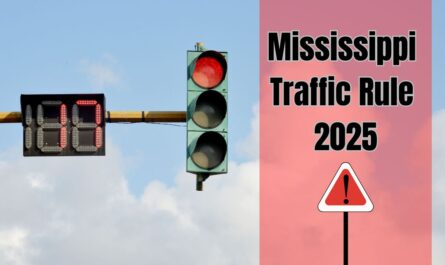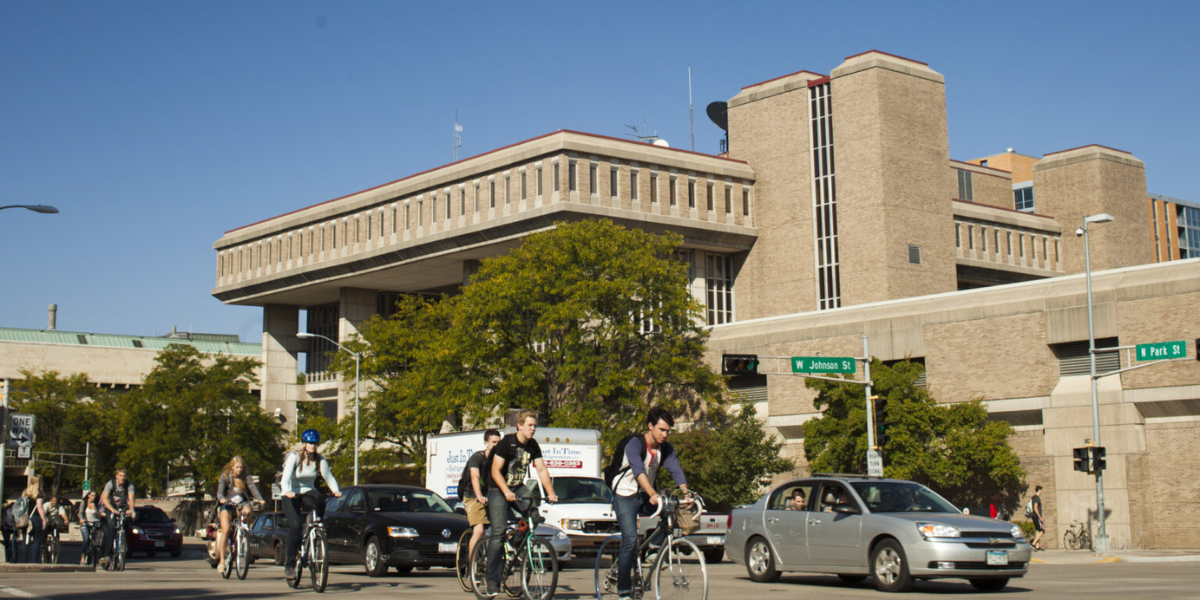BOISE, Idaho – As housing demand continues to climb across Idaho, questions about how much landlords can raise rents in 2025 have become increasingly important for tenants. Unlike some states, Idaho has no statewide rent control laws, meaning landlords generally have the freedom to increase rent by any amount—as long as they follow legal notice requirements and avoid discriminatory practices.
Here’s a breakdown of Idaho’s rent increase rules in 2025 and what renters should keep in mind when negotiating or renewing their leases.
No Statewide Rent Control in Idaho
Idaho law does not place a cap on how much a landlord can raise rent. Landlords may adjust rental prices to reflect market demand, property improvements, or rising maintenance costs. However, these increases must be carried out in compliance with lease terms and legal notice rules.
Some limited local protections exist. For example, Boise has adopted targeted rent control measures for certain affordable housing units, but these apply only to specific properties and do not extend statewide.
Notice Requirements for Rent Increases
As per Huron Insider reports,The amount of notice required depends on the type of lease:
- Month-to-Month Leases: Landlords must provide at least 30 days’ written notice before a rent increase takes effect.
- Fixed-Term Leases: Rent cannot be increased until the lease expires, unless the agreement itself includes a clause allowing midterm adjustments.
The written notice must include the new rent amount, the effective date, and any changes to lease terms. Notice can be delivered in person, by registered mail, or posted at the rental property if the tenant refuses to accept it.
Limits on Rent Increases: What Landlords Cannot Do
While Idaho landlords have wide latitude, there are important restrictions:
- No Discrimination: Rent increases cannot be based on race, gender, religion, family status, or other protected classes under federal and state Fair Housing laws.
- No Retaliation: A landlord cannot raise rent as punishment for a tenant reporting code violations, requesting repairs, or exercising other legal rights.
If a tenant believes a rent hike is retaliatory or discriminatory, they may have grounds to challenge it in court.
Read Also: Minnesota Rent Laws 2025: How Much Can Your Landlord Raise Rent?
What Tenants Should Watch For
Tenants should review their lease agreements carefully before agreeing to any rent increase. Key considerations include:
- Check lease terms: If the lease is fixed-term with no rent adjustment clause, a mid-lease increase could be illegal.
- Confirm notice compliance: Landlords must give at least 30 days’ notice for month-to-month agreements.
- Evaluate housing options: In areas with steep rent increases, tenants may need to weigh renewing at a higher rate against finding alternative housing.
Impact of Rising Idaho Housing Demand
With rapid growth in cities like Boise, Meridian, and Coeur d’Alene, Idaho renters may face steeper increases than in past years. Market-driven pricing means rent hikes could be significant, particularly in areas experiencing gentrification or limited housing supply.
Still, the absence of statewide rent control also gives landlords flexibility to adjust rents more quickly in response to market conditions.
Final Thoughts
In 2025, Idaho tenants should expect that landlords can raise rent by any amount, as long as they comply with notice requirements and fair housing laws. With no rent caps in place, renters must stay informed, carefully review their lease agreements, and monitor renewal negotiations to avoid unexpected costs.
What do you think about Idaho’s lack of rent control? Should the state consider broader protections for tenants, or should landlords keep full flexibility? Share your thoughts in the comments at ibwhsmag.com.


 by
by 

